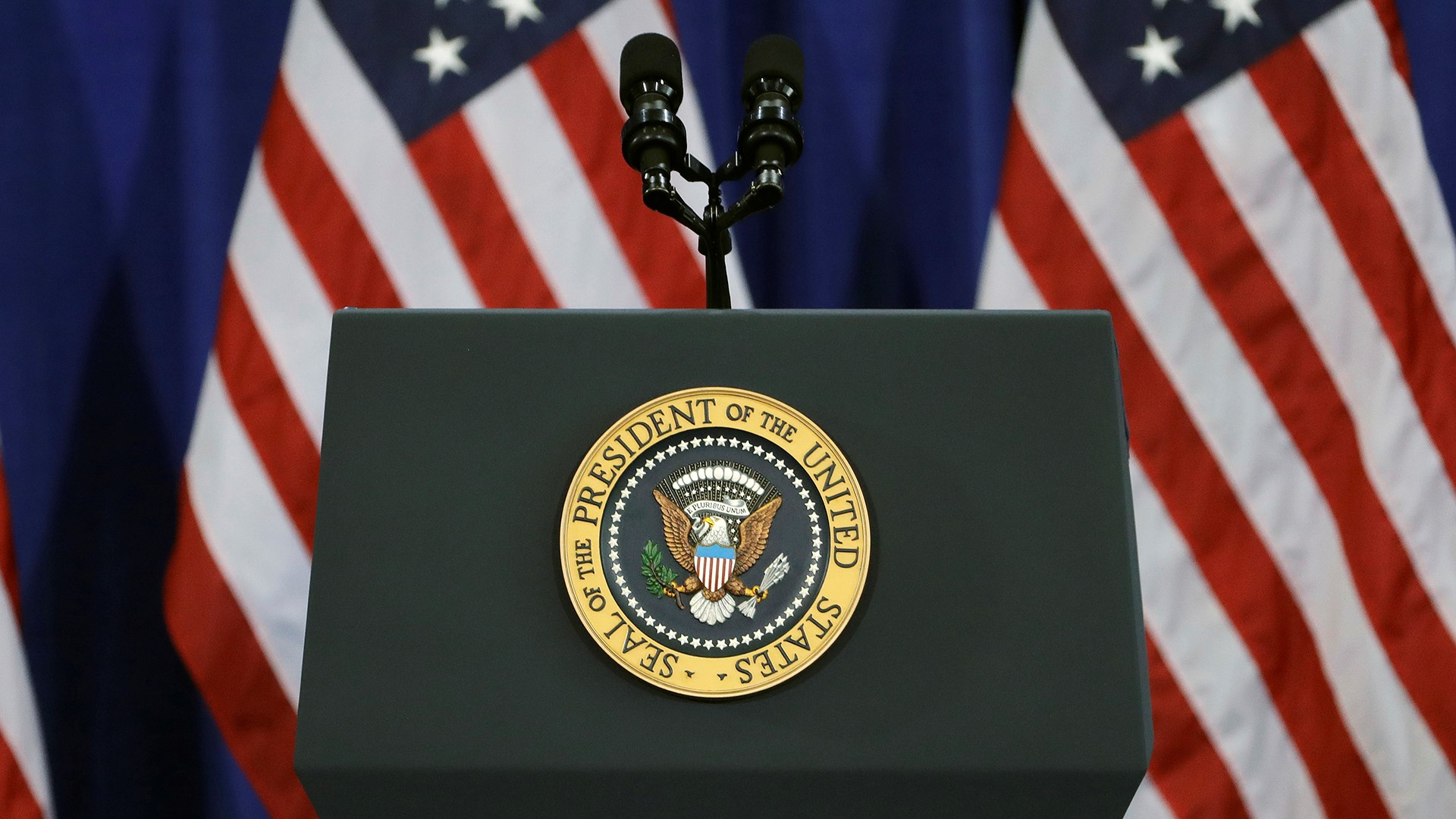The Nevada caucuses are Saturday and two candidates are in the crosshairs of the rest of the field and, in one sense, the Democratic establishment itself: Sen. Bernie Sanders and former New York City Mayor Michael Bloomberg.
Sanders, former Vice President Joe Biden, Senators Amy Klobuchar and Elizabeth Warren, and former mayor Pete Buttigieg all are targeting Bloomberg, the multi-billionaire who has spent an estimated $350 million of his own money on his campaign. They are accusing him of buying his way into the election and are making clear they’re eager to take him on in a debate.
The attacks are a sign of how seriously the field is starting to take Bloomberg as he gains traction in the race and is on the cusp of qualifying for Wednesday's Democratic debate in Las Vegas.
Sanders also singled out Biden and Buttigieg as two other candidates who raise money from billionaires. Sanders' campaign is buoyed largely by small-dollar donations. He also slammed what he called the corporate media, and the Republican and Democratic establishments for trying to stand in his way.
A growing number of Democratic members of Congress, union officials, state leaders and party strategists see Sanders as a problem and are concerned he has a path toward the nomination. He's the most progressive in terms of policies and is a self-described democratic socialist.
His critics are further than they've ever been from coalescing behind a single moderate alternative who could potentially overtake Sanders. And with fear and frustration rising in the party's establishment wing, they acknowledge that the expanding group of viable center-left candidates still in the race represents a high-stakes math problem.
Their fear, in part, lies in the belief that Sanders can't defeat President Donald Trump and that he could bring Democrats in other races down with him. Supporters of Sanders point to the fact the Democratic party lost to Trump in 2016 when they ran a moderate: Hillary Clinton.
The situation is similar to the Republican primary in 2016, when several Trump alternatives divided their party’s moderate vote and allowed Trump to win the nomination.
Buttigieg told a largely African American audience Sunday at a luncheon for the Nevada Legislative Black Caucus on Sunday that he worked with black leaders of South Bend, Indiana, to deliver affordable housing and improve the black unemployment rate.
The former mayor has faced criticism for the racial disparity in marijuana arrests in South Bend and decisions that led him to have no African American leaders in his administration during a crucial stretch of his tenure. More than a quarter of South Bend residents are black.
Klobuchar says her Democratic presidential campaign has raised $12 million over the past week, citing greater voter interest after her third-place finish in New Hampshire. She's billing the fundraising support as momentum that will allow her to be competitive on the airwaves heading into the Nevada caucus and Super Tuesday contests in early March.
Biden on Sunday picked up another endorsement from a top Nevada politician, with Lt. Gov. Kate Marshall announcing she will back him. Marshall joins two of the state’s four U.S. House members, Reps. Dina Titus and Steven Horsford.
Warren battled a cold Sunday as she tried to rally her supporters. Warren was barely audible before a crowd in Reno, saying the bad news was she had finally caught a cold after posing for more than 100,000 pictures with supporters. The good news, she said, is she would “persist.”
The president of a civil rights organization once led by Martin Luther King Jr. says that Tom Steyer is the presidential candidate perhaps best suited to speak directly to some of the concerns weighing on black voters' minds.
Charles Steele is president of the Southern Christian Leadership Conference. He doesn't officially endorse presidential candidates, but Steele told The Associated Press during a trip to Columbia, S,C., on Sunday that he's impressed with Steyer's commitment to discussing issues important in the black community, including reparations and funding for historically black colleges and universities.

